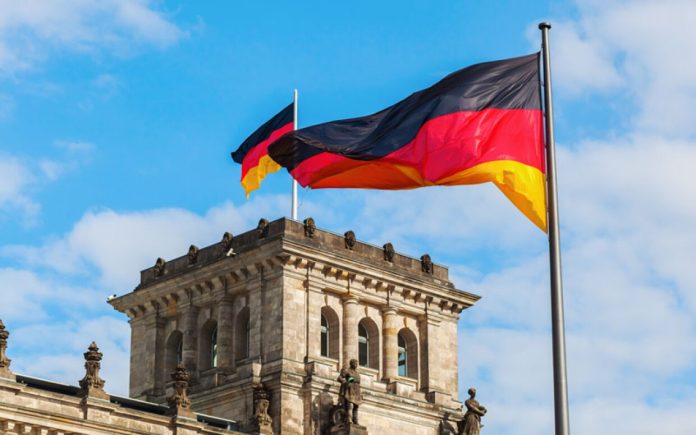German gambling trade bodies of DSWV (sports betting) and DOCV (online casino) have alerted federal authorities of “alarming developments in Germany’s online gambling market” and its failure to protect consumers from being targeted by the black market.
The warning follows a study undertaken by economist Günther Schnabl of the University of Leipzig, evaluating the effectiveness of laws and protections of Germany’s Interstate Market (GlüNeuRStv).
The study’s headline evaluation cites that despite the “efforts of the federal states to steer players towards licensed offers, around half of German online gambling continues to take place in the illegal market”.
“The youth and player protection measures of legal providers, such as limits, player bans and offers of help, are therefore often ineffective.”
The University of Leipzig’s study used data from Nielsen Media Germany’s online meter panel, recording online activities of approximately 25,000 consumers in Germany, recording visits and engagements with over 700 gambling domains.
Monitoring developments, as of March 2023, only about half (50.7%) of German gamblers engaged with licensed providers. The report detailed a significant shift towards unlicensed EU (28.9%) and offshore (19.9%) operators observed since January 2019.
The report concluded: “The key goal of the federal states with the new State Treaty on Gambling, which came into force in July 2021, was to channel players into the legal market, where they play in a protected, state-monitored area.”
Due to players switching to the unlicensed market, the player protection mechanisms of the current regulations do not apply.
The study supports previous recommendations made by the DSWV and DOCV to combat the rise in black market activities targeting German consumers.
Recommendations include “accelerating the GGL’s licensing processes, increasing the legal market’s competitiveness, and strictly enforcing the advertising ban on illegal providers while maintaining advertising for licensed operators”.
It further advises enhancing cooperation between the gambling industry and federal gambling authority GGL with the participation of wider stakeholders.
Moving into 2024, the GGL is urged to amend Interstate Gambling Treaty provisions and the taxation policies in the Racing Betting and Lotteries Act as a “multi-faceted approach is needed to redirect players from illegal to legal gambling platforms, ensuring a safer and more regulated market.”
The Schnabl study contradicts the findings of the ‘Atlas Report: Numbers, Data, and Facts on German Gambling’ commissioned by the GGL and published last week.
On gambling prevalence, the Atlas estimates that as of 2021, 30% of the population in Germany participates in gambling, reflecting a decline from 55% reported in 2007.
The board of GGL endorsed the Atlas Report’s findings as the platform for discussions on the correct way to regulate online gambling in Germany. However, the Schnabl study countered that there is a lack of comprehensive and reliable data on the online gambling market in Germany.
As such, DSWV and DOCV stand by their demand that authorities require “evidence-based research into the illegal online gambling market in order to ensure a safe gambling experience.”
Don’t forget to subscribe to our Telegram-channel!










